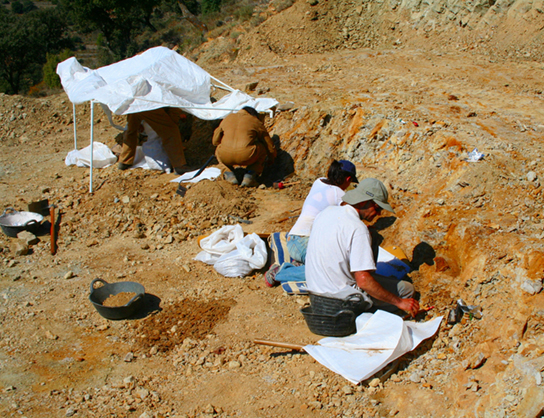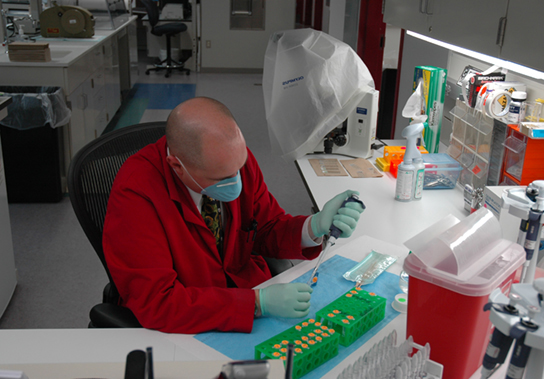| << Chapter < Page | Chapter >> Page > |
The scope of biology is broad and therefore contains many branches and sub disciplines. Biologists may pursue one of those sub disciplines and work in a more focused field. For instance, molecular biology studies biological processes at the molecular level, including interactions among molecules such as DNA, RNA, and proteins, as well as the way they are regulated. Microbiology is the study of the structure and function of microorganisms. It is quite a broad branch itself, and depending on the subject of study, there are also microbial physiologists, ecologists, and geneticists, among others.
Another field of biological study, neurobiology, studies the biology of the nervous system, and although it is considered a branch of biology, it is also recognized as an interdisciplinary field of study known as neuroscience. Because of its interdisciplinary nature, this sub discipline studies different functions of the nervous system using molecular, cellular, developmental, medical, and computational approaches.

Paleontology, another branch of biology, uses fossils to study life’s history ( [link] ). Zoology and botany are the study of animals and plants, respectively. Biologists can also specialize as biotechnologists, ecologists, or physiologists, to name just a few areas. Biotechnologists apply the knowledge of biology to create useful products. Ecologists study the interactions of organisms in their environments. Physiologists study the workings of cells, tissues and organs. This is just a small sample of the many fields that biologists can pursue. From our own bodies to the world we live in, discoveries in biology can affect us in very direct and important ways. We depend on these discoveries for our health, our food sources, and the benefits provided by our ecosystem. Because of this, knowledge of biology can benefit us in making decisions in our day-to-day lives.
The development of technology in the twentieth century that continues today, particularly the technology to describe and manipulate the genetic material, DNA, has transformed biology. This transformation will allow biologists to continue to understand the history of life in greater detail, how the human body works, our human origins, and how humans can survive as a species on this planet despite the stresses caused by our increasing numbers. Biologists continue to decipher huge mysteries about life suggesting that we have only begun to understand life on the planet, its history, and our relationship to it. For this and other reasons, the knowledge of biology gained through this textbook and other printed and electronic media should be a benefit in whichever field you enter.

Biology is the science of life. All living organisms share several key properties such as order, sensitivity or response to stimuli, reproduction, adaptation, growth and development, regulation, homeostasis, and energy processing. Living things are highly organized following a hierarchy that includes atoms, molecules, organelles, cells, tissues, organs, and organ systems. Organisms, in turn, are grouped as populations, communities, ecosystems, and the biosphere. Evolution is the source of the tremendous biological diversity on Earth today. A diagram called a phylogenetic tree can be used to show evolutionary relationships among organisms. Biology is very broad and includes many branches and sub disciplines. Examples include molecular biology, microbiology, neurobiology, zoology, and botany, among others.
[link] Which of the following statements is false?
[link] B

Notification Switch
Would you like to follow the 'Concepts of biology' conversation and receive update notifications?